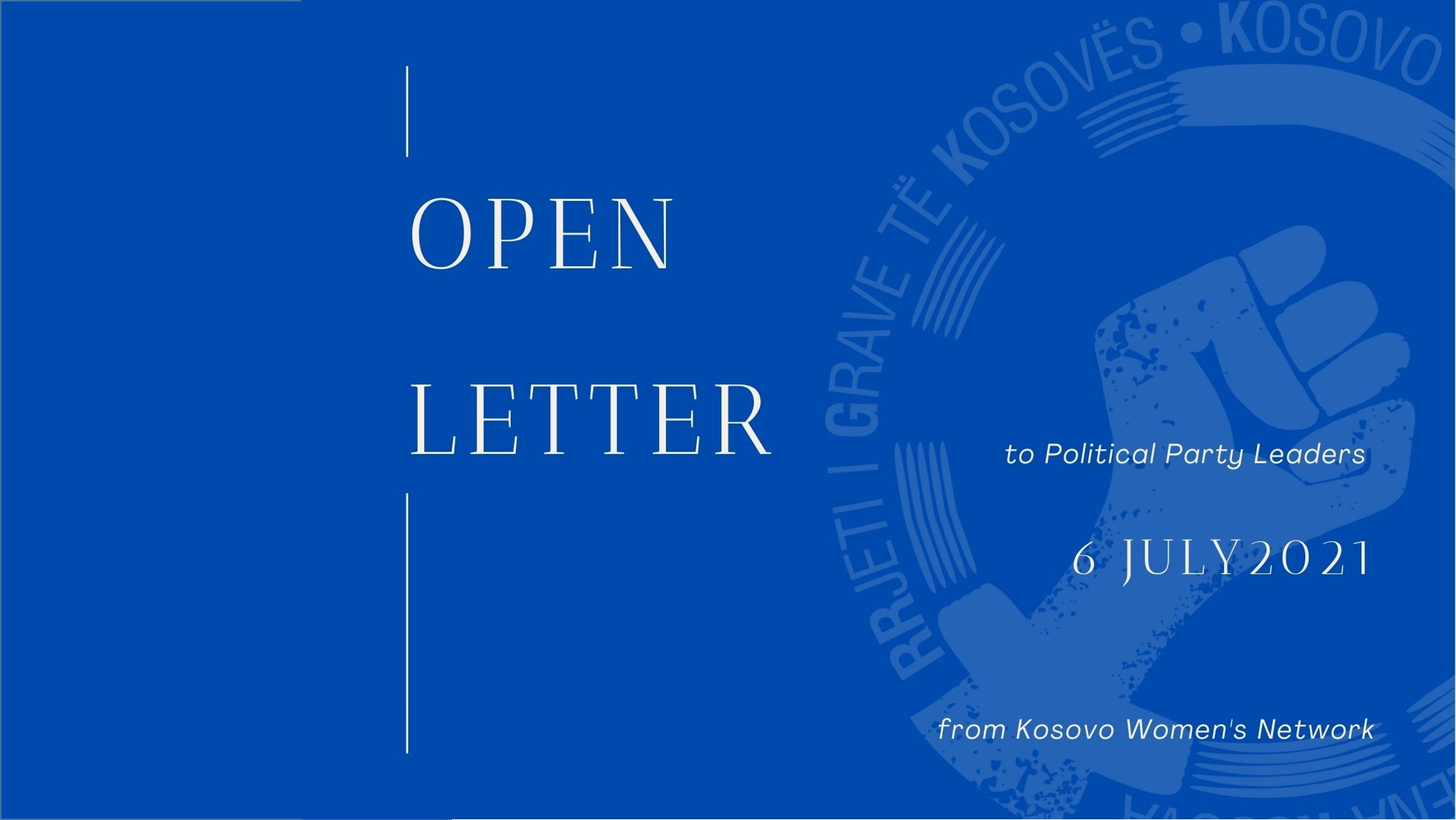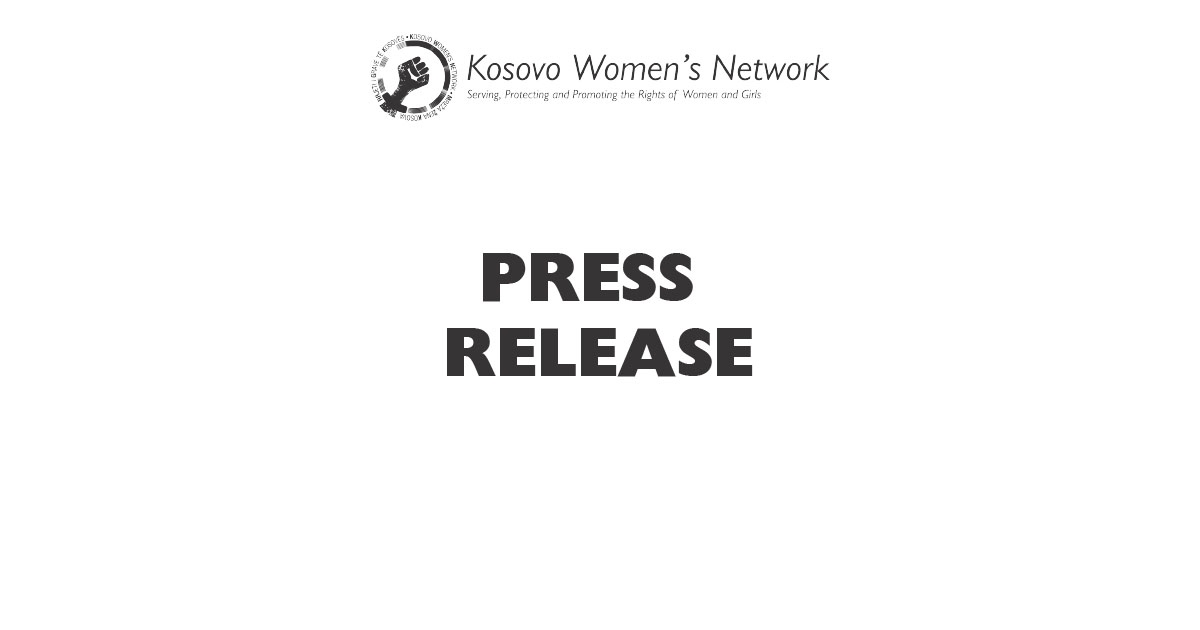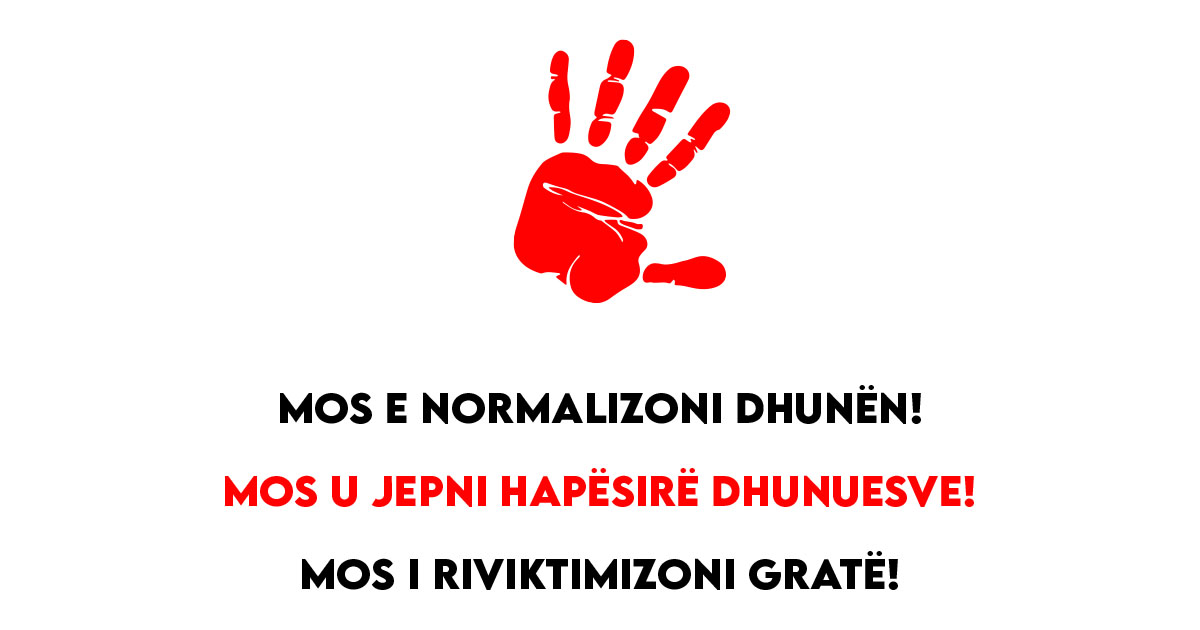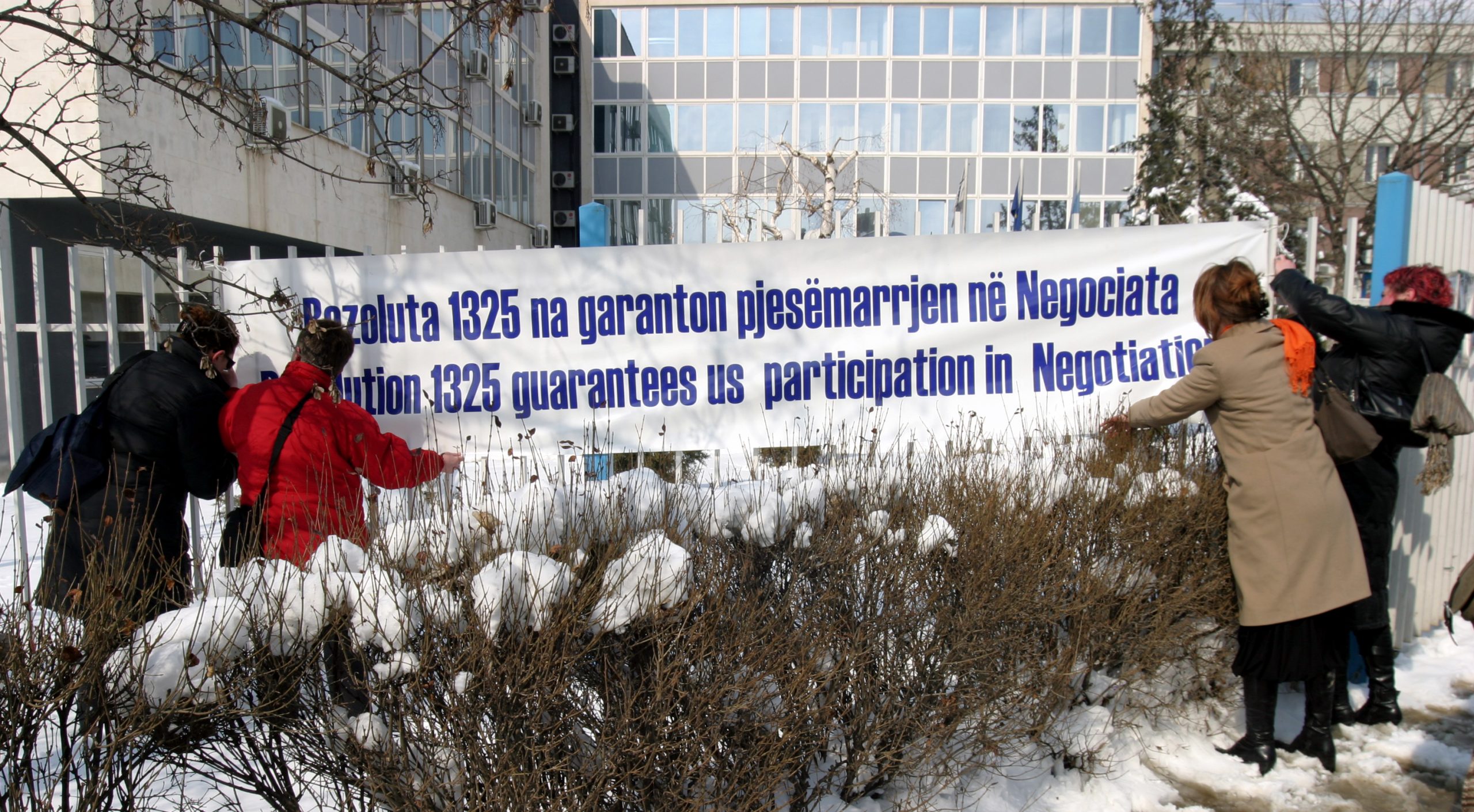Open letter to political parties in Kosovo,
This year’s local elections are approaching, and soon the candidacies for mayors will be presented.
These elections are being held after the early parliamentary elections of February 14, 2021, which brought a positive change toward the participation and representation of women in politics and decision-making processes. In these elections, we witnessed an increase in the representation of women in the Assembly of Kosovo, and more women being elected without the aid of a quota.
By voting for women, citizens showed that they want to see more women in leadership positions. It is up to the political parties to understand this message and provide equal space for women in local elections.
As parties are discussing possible candidacies for mayors, the Kosovo Women’s Network (KWN) calls for them to commit to equal inclusion of women and men through:
Implementing the Law on Gender Equality
Women in Kosovo remain under-represented, both within parties and as mayoral candidates. So far, no woman has run for a mayor of any municipality.
This is contrary to Article 14 of Law on Gender Equality (LGE), which obliges political parties to implement measures to promote equal participation of men and women. In accordance with the provisions of Article 6 of this law – in cases where inequalities exist, temporary special measures should be taken in order to speed up the realization of de facto equality between women and men.
According to the LGE, gender equality is reached when at least fifty percent (50%) of women are represented in political and public life, employment, education, health, economy, social benefits, sports, culture and other areas defined by this or any other law. However, we recall that after the local elections of 2017, women constituted only 33% of the members of the municipal assemblies, and 0% of the mayors.
Moreover, the political representation did not take into account the intersectionality and representation of women with disabilities, Roma, Ashkali, Egyptian, Gorani and Serbian women, who are not represented at all.
The current candidate list not only stands far away from equal representation, but poses an immediate concern for the democratic fundamentals and the building of an inclusive society.
KWN calls on political parties to fight discrimination against women, and promote women to run for mayor as a precondition for achieving equal representation in the public sphere.
Providing space for equal representation in the media
Women’s participation and involvement in politics cannot be seen as isolated from women’s public appearances, whether through electoral gatherings or television shows. For example, it has been known for years that women in politics are not equally represented in either TV debates or campaigns.
KWN’s vast experience in monitoring national and local elections show that women face many injustices in this sphere. They do not have equal space with men within the parties themselves, nor in public appearances during campaigns. Parties must make effective efforts to ensure that the party structure allows for equal promotion for both women and men.
Funding women’s campaigns
Political parties should increase support for women candidates through the allocation of funds for campaigns. So far, KWN has witnessed that women do not have the financial means to compete, campaign, or create a campaign team. Also, parties do not provide any capacity building training for women candidates, so party support for women in most cases ends with humble assistance for campaign materials. Given the prevailing gender stereotypes in society, women are less likely to self-fund the campaign, which undeniably heightens discrimination against them.
Lastly, as stated in the Kosovo Gender Analysis drafted by KWN, obstacles to women’s participation in politics include gender stereotypes that suggest that women are not qualified or capable of being political leaders; resistance of political parties to include women; small funding; minimal media coverage of women politicians; women’s time constraints due to responsibilities at home; and poor contact with voters
Therefore, through this letter, we call for you to fulfil your obligation towards strengthening the participation of women in politics and decision-making, especially by increasing the participation of marginalized women in political processes at the local level.
Sincerely,
Kosovo Women’s Network





